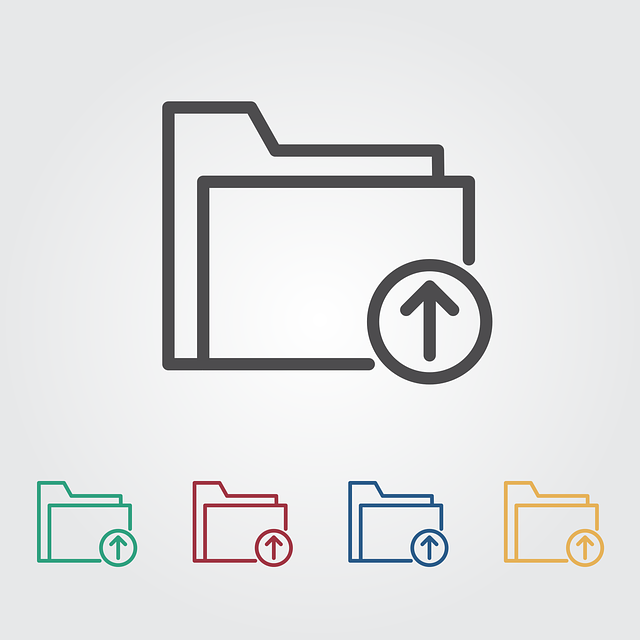Network-Attached Storage: Data Backup and Transfer Options for Small Businesses
March 9th, 2017 by admin

Network-Attached Storage (NAS) servers are a great asset for small businesses managing data. For the uninitiated, NAS is essentially a streamlined server designed specifically for sharing files between devices.
Because of their simplified nature, NAS devices are typically easier to use and substantially more cost-effective than full-fledged servers.
While most NAS solutions are space-efficient standalone server boxes, some higher-end routers can also be used as NAS devices by attaching an external hard drive. If your office is looking to increase productivity and improve disaster recovery, NAS may be worth its weight in gold.
Easy-to-Use Data Storage
NAS devices work as an inexpensive, easy-to-use data storage option for your business. These devices are so simple to configure that your office doesn't even need to have a local IT staff to use them. Once configured, accessing the storage can be as simple as using Explorer or Finder as you would with any internal storage device.
Practical Backup and Recovery
In their most practical form, NAS devices can be used as a backup and disaster recovery option for office computers. This way, if a computer hard drive fails or a laptop gets destroyed, your staff can recover recent versions of important documents and files.
However, NAS does not replace the need for Cloud or off-site backups for vital information. An office fire, for example, would wipe out desktop computers and the NAS. Combining both NAS and Cloud backup processes gives your business the best level of protection from data loss.
Faster Information Sharing
NAS is also a viable business continuity option as it does not require Internet connectivity to work. Employees who use multiple devices, such as a laptop, desktop, and tablet, can use the NAS to access the same files from any device. These data servers are also excellent for employees collaborating on the same files; gone is the need to use email or Cloud storage to sync or send updates.
Cost-Effective Hardware Comes at a Price
NAS devices aren't as sophisticated as traditional servers. Designed only to focus on sending and receiving data, they offer substantially less processing power. You won't be able to use a NAS device to run an email server, for example, or to run any server-based applications. For these, you'll need to look into server management solutions.
Because of this trade-off, however, NAS devices cost a fraction of the price of a dedicated server. Moreover, your business doesn't need to worry about wasting money buying too much or too little storage because you can install additional hard drives in the NAS device as needed.
Security Issues
As mentioned above, NAS servers should not be used as a replacement for an off-site, Cloud-based backup. IT professionals often recommend storing important data in at least three locations: two "on-site," which includes the computer and the NAS, and one "off-site," like a Cloud service. Additionally, if your business is using NAS storage, you'll want to make sure it is only visible to authorized individuals. Security in this case could include something as simple as password-protecting the Wi-Fi.
Use our wealth of knowledge at ATS to your advantage to meet your business's server and storage needs. Contact us today.
Posted in: Managed IT Services, Knowledge

